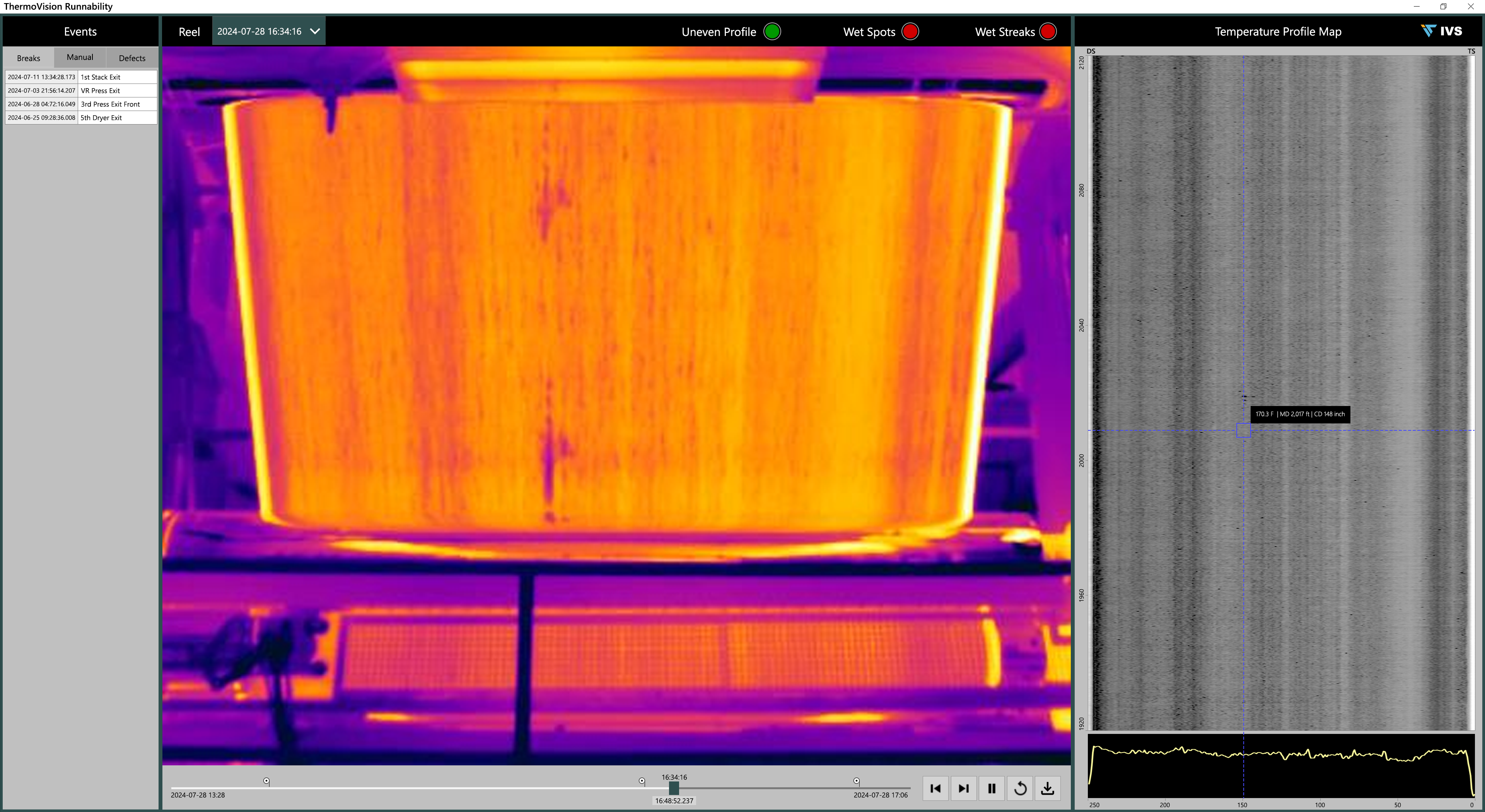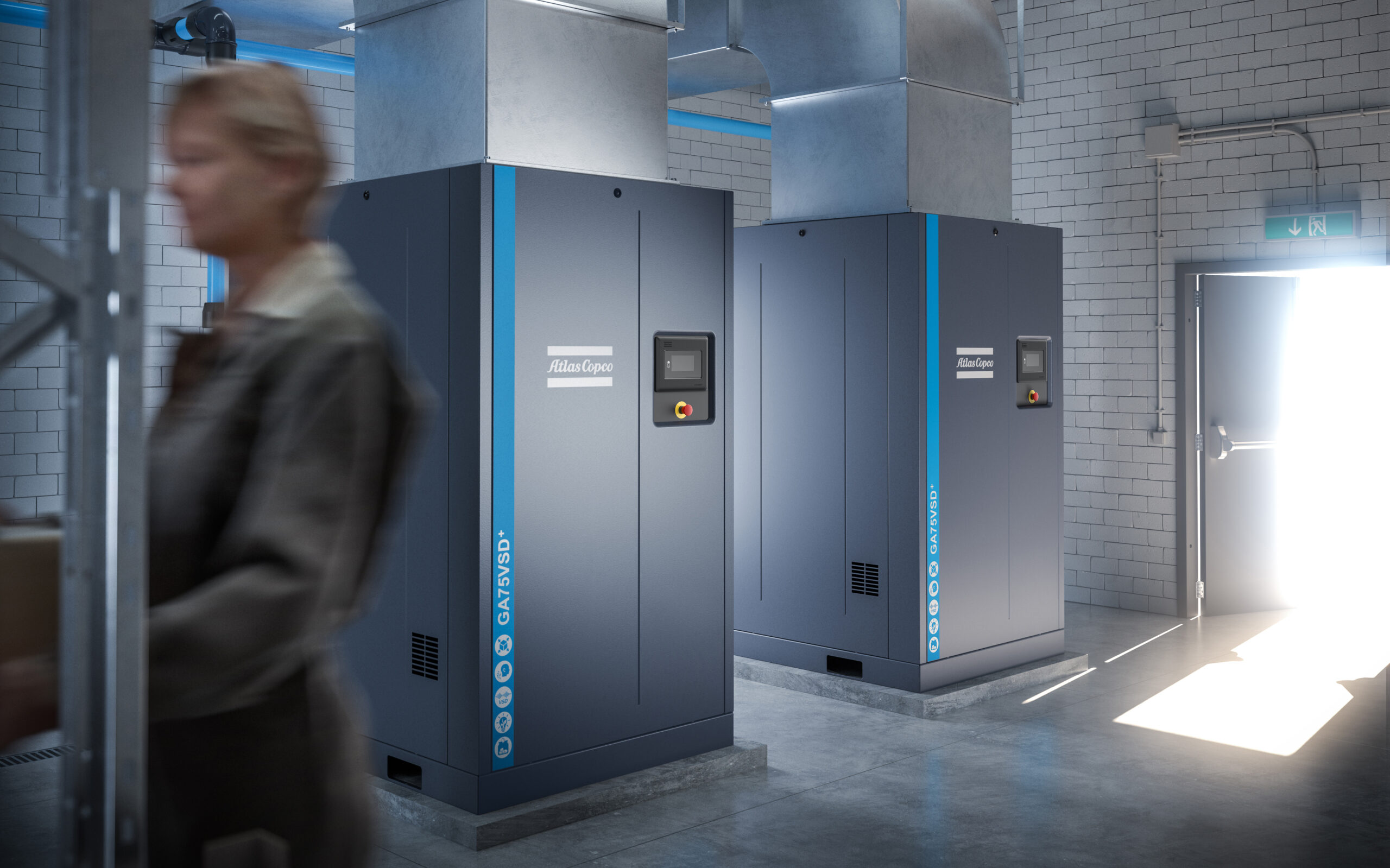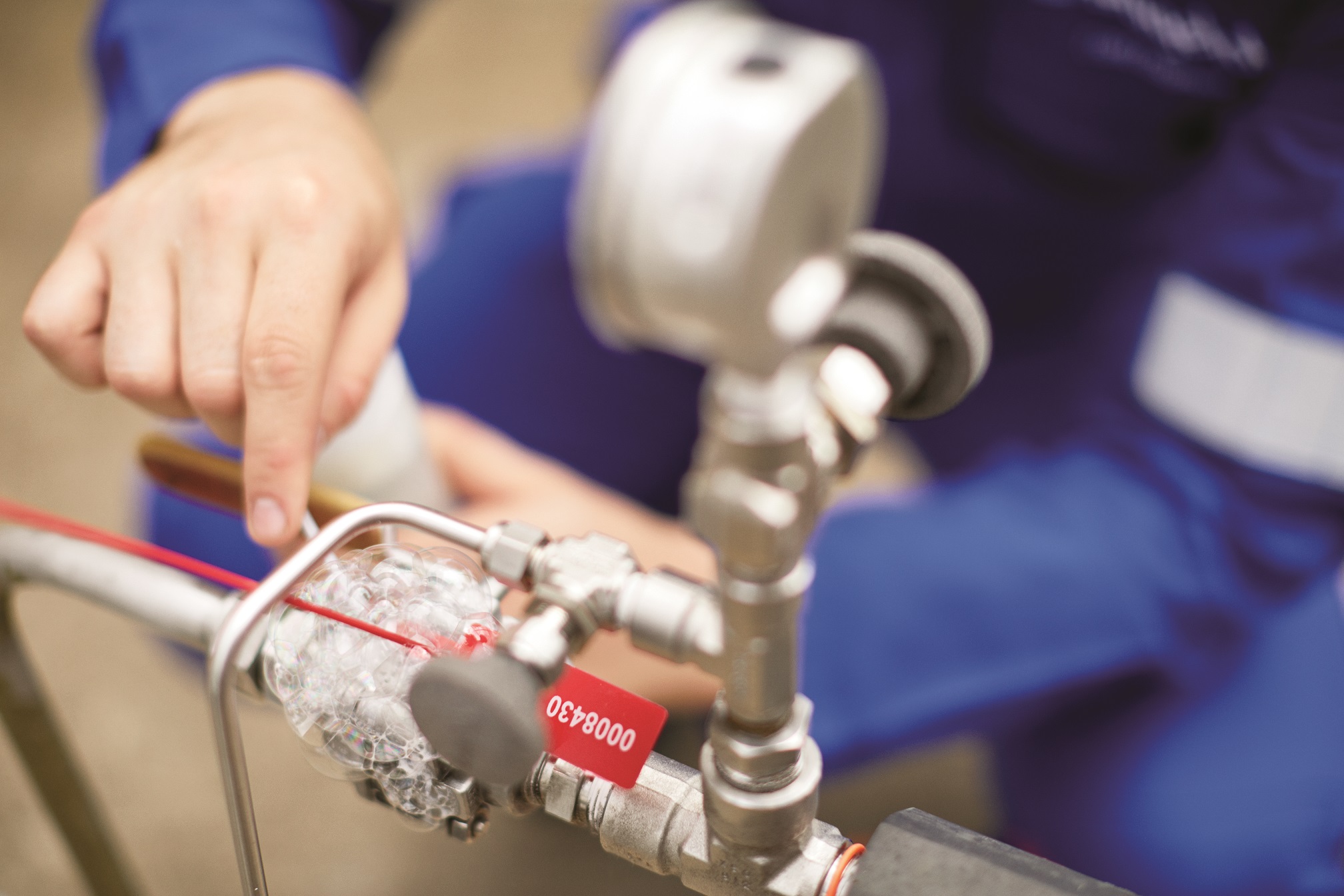The use of high-efficiency, electric motors can lead to significant drops in energy use, as well as significant savings in cost. There are other factors, such as the difference in material quality and higher upfront costs, that need to be considered as well.
Among the many pieces of equipment at your facility, electric motors likely make up the majority. They also use more energy than any other piece of equipment. Worldwide, electric motors use 45% of all electricity consumed.
Because of the critical needs that electric motors fulfill, look to take advantage of as many benefits as possible. High on the list of benefits is the use of high-efficiency electric motor systems.
Benefits of high-efficiency
When most people think about high-efficiency motors, they think about the energy savings and cost reduction of having them in operation. Using energy-efficient motors reduce your operating expenses, but that is only one of the many benefits. When you consider all of the advantages, deciding to use an energy-efficient unit is truly a no-brainer. However, that is not always the case.
High initial cost
One issue that deserves careful consideration is the high initial cost of an energy-efficient unit. You experience additional benefits other than energy savings, but is the energy-efficient motor a wise choice when it comes to the impact on your wallet?
The initial cost of an energy-efficient unit is often canceled out in a particular amount of time when the motor operates under normal conditions. At that point, you begin to see a return on your investment. As long as the unit remains in operation, you continue to save money. However, repairing your existing unit may cost less, and when it becomes necessary to replace the motor, consider an energy-efficient option.
Lower maintenance cost
Another factor to consider is the higher standards of energy-efficient motors, including the materials and the manufacturing techniques. As a result, an energy-efficient unit has a longer life than a standard unit. Because of those higher manufacturing standards, you experience less vibration and lower heat.
In the end, an energy-efficient unit deserves careful consideration. Consider all factors before making a decision. Eventually, higher-efficiency motors pay for themselves in energy savings and lower maintenance costs.
David Manney is marketing administrator at L&S Electric. This article originally appeared on Watts New, L&S Electric’s blog. L&S Electric is a CFE Media content partner.



